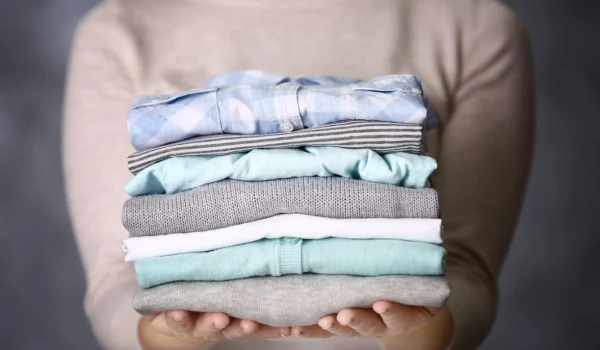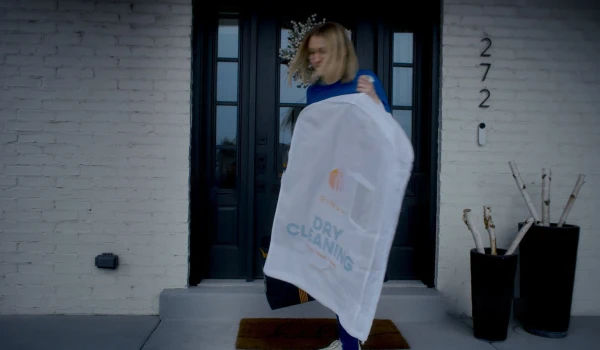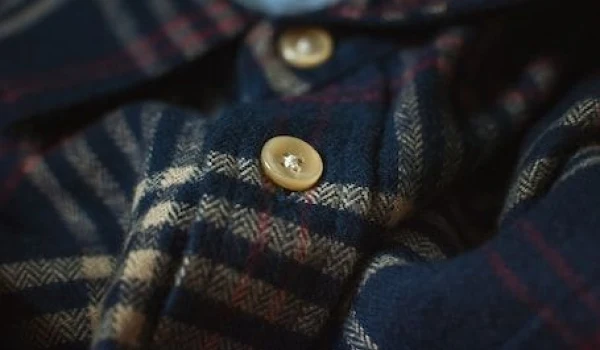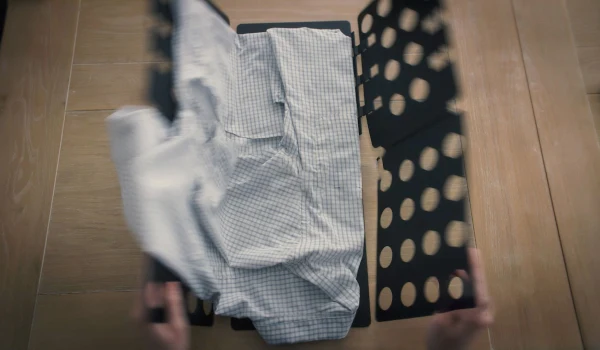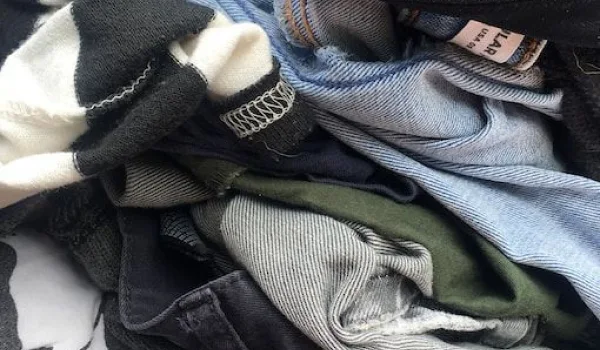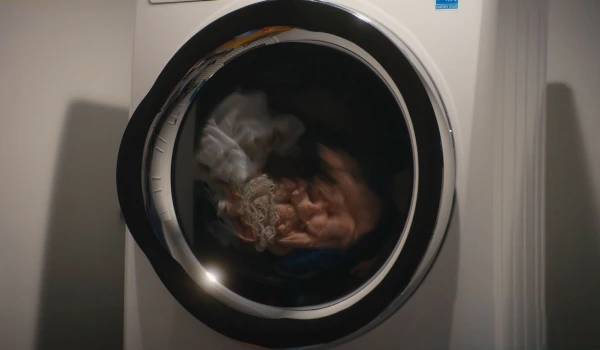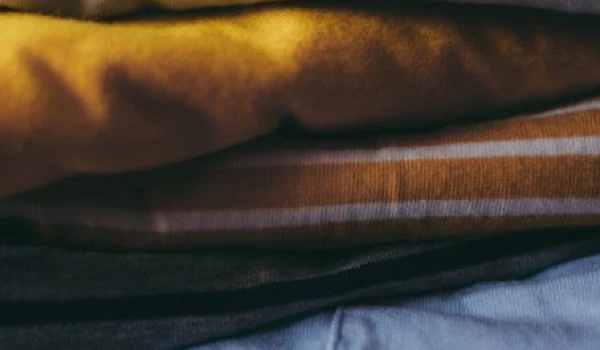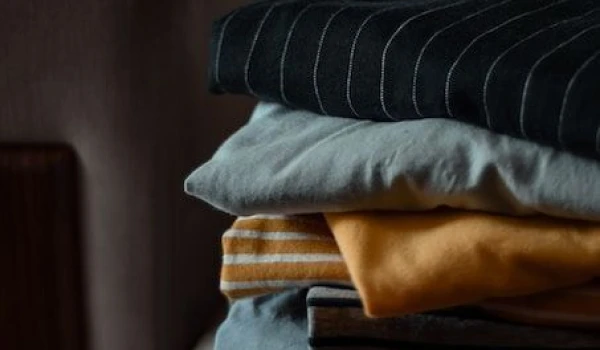Introduction
When it comes to caring for delicate garments, hand washing clothes is a time-honored method that helps preserve their shape, texture, and overall quality. Certain fabrics and embellishments require special attention that only hand washing can provide. By taking the time to hand wash, you can extend the life of your favorite delicates, ensuring they remain in pristine condition wear after wear. This article will explore the situations when hand washing is the best choice, how to properly hand wash your clothes, and the benefits of air drying.
When Should You Hand Wash Clothes?
Hand washing clothes is an essential practice for maintaining the integrity of delicate fabrics and garments. While modern washing machines offer various settings for different fabric types, there are still situations where hand washing is the preferred method. Here are five key scenarios when hand washing is recommended:
Guided by Care Labels
Care labels are your best friend when determining how to wash a garment. If the label specifies "hand wash only," it's important to follow these instructions to avoid damaging the fabric. Labels often include symbols and instructions that indicate the best washing method, water temperature, and whether the item can be wrung out or dried in a machine. Ignoring these guidelines can lead to shrinkage, color bleeding, or even fabric tearing.
Delicate Fabric Consideration
Certain fabrics are inherently delicate and require gentle handling. Silk, lace, cashmere, and some wool blends are prone to damage when exposed to the rigorous agitation of a washing machine. Hand washing allows you to control the water temperature, agitation, and drying process, reducing the risk of harming these sensitive materials. For items like silk blouses or lace lingerie, hand washing is essential to maintain their softness and sheen.
Stain Removal Necessity
Stubborn stains on delicate fabrics often need more than a regular wash cycle. Hand washing provides the opportunity to treat stains with care, using a stain remover or soapy water that targets the problem area without affecting the rest of the garment. By gently agitating the fabric around the stain, you can lift it out without causing unnecessary stress to the material. This method is particularly useful for spot-cleaning vintage or high-value pieces that require special attention.
Preserving Sequined Embellishments
Garments with sequins, beads, or other embellishments are at risk of damage when washed in a machine. The vigorous spinning and agitation can cause these delicate decorations to loosen, fall off, or even damage the fabric. Hand washing allows you to clean these garments gently, avoiding any rough treatment that could ruin the embellishments.
Protecting Handcrafted or Embroidered Items
Handcrafted or embroidered items often have intricate details that can be easily damaged by machine washing. These garments typically feature delicate stitching, threads, and fabrics that require a gentle touch. Hand washing allows you to preserve the craftsmanship and prevent any unraveling or distortion of the embroidery.

How To Hand Wash Clothes In 5 Simple Steps
Hand washing clothes might seem like a daunting task, but with the right approach, it can be a simple and effective way to care for your delicate garments. Here’s a step-by-step guide to hand-washing clothes:
1. Prepare the Sink
Start by cleaning the sink or basin you’ll be using to wash your clothes. This prevents any dirt or residue from transferring to your garments. Fill the sink with lukewarm water, ensuring it’s not too hot, as excessive heat can damage delicate fabrics. Add a small amount of laundry detergent or antibacterial soap to create soapy water. For particularly delicate items, consider using a detergent specifically designed for hand washing or delicates.
2. Sort and Soak the Clothes
Before washing, sort your clothes by color to prevent any dye transfer. Submerge one or two garments at a time into the soapy water, allowing them to soak for a few minutes. This soaking process helps loosen any dirt or grime, making it easier to clean the fabric. Avoid overcrowding the sink, as this can cause garments to rub against each other, leading to potential damage.
3. Gently Wash and Rinse
After soaking, gently agitate the garments in the water by swishing them back and forth. Focus on any stained areas by lightly rubbing them with your fingers or a soft cloth. Once you’ve finished washing, drain the soapy water and refill the sink with clean, lukewarm water. Rinse the garments thoroughly by gently squeezing out the soap, ensuring all detergent is removed. Avoid wringing the fabric, as this can cause stretching or distortion.
4. Remove Excess Water
To remove excess water from the garments, lay them flat on a clean, dry towel. Roll the towel up with the garment inside, pressing down gently to absorb the water. Unroll the towel and reshape the garment if necessary. This method helps remove water without applying too much pressure, which could damage the fabric.
5. Air Dry
Finally, air dry your garments by laying them flat on a drying rack or clean surface. Avoid hanging delicate items, as this can cause stretching. Ensure the drying area is well-ventilated and away from direct sunlight, which can fade colors or weaken fabrics. Allow the garments to dry completely before storing or wearing them.

4 Benefits Of Air Drying Your Laundry
Air-drying your laundry offers several advantages that contribute to the longevity and quality of your garments. Here are four key benefits of air drying:
1. Preserving Fabric Quality
Air drying is a gentle method that helps preserve the integrity of delicate fabrics. Unlike machine drying, which can cause shrinkage and wear over time, air drying allows fabrics to dry naturally without being subjected to high heat or tumbling. This helps maintain the softness, texture, and shape of the garments, ensuring they stay in excellent condition.
2. Minimizing Shrinkage
One of the main concerns with machine drying is the potential for shrinkage, especially in delicate fabrics like wool or cashmere. Air drying minimizes this risk by allowing garments to dry at their own pace without exposure to intense heat. This is particularly important for items that are prone to shrinking, such as sweaters or clothes with natural fibers.
3. Consuming Less Energy
Air drying is an eco-friendly alternative to using a dryer, as it consumes less energy and reduces your carbon footprint. By skipping the dryer, you save on electricity costs and contribute to a more sustainable laundry routine. This method is also beneficial for the environment, as it reduces the wear and tear on your garments, leading to less frequent replacements and waste.
4. Preventing Fabric Damage
Delicate fabrics can easily be damaged in the dryer due to high heat and mechanical action. Air drying eliminates this risk, as it doesn’t subject the garments to any harsh conditions. This method is particularly effective for preserving the quality of items like lace, silk, and garments with sequins or beads. By air drying, you protect your clothes from unnecessary wear and tear, extending their lifespan.

Take Care Of Your Delicate Clothes With Rinse
While hand washing is an excellent way to care for delicate garments, it can be time-consuming and labor-intensive. For those looking for a professional solution, Rinse offers specialized washing and drying services that cater to the needs of delicate items. Whether it’s silk blouses, cashmere sweaters, or intricately embroidered garments, Rinse ensures your clothes are treated with the utmost care.
With convenient pick-up and delivery services, Rinse makes it easy to maintain your wardrobe, giving you peace of mind that your delicate items are in good hands. By partnering with Rinse, you can enjoy the benefits of professional care while preserving the longevity and beauty of your favorite garments.
Learn more about how Rinse can help you care for your clothes by visiting the following links:
Contact us at Rinse today to see our skill in action.

Have laundry or dry cleaning to do?
Rinse picks up, cleans and delivers 7 days a week. Amazingly awesome. Ridiculously simple.



